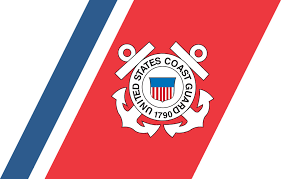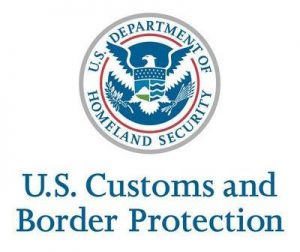This Trade Notice Updates and Replaces Trade Notice 06-010 issued on June 13, 2016
This notice is issued to clarify U.S. Customs and Border Protection’s policy regarding Petroleum Residue {Slops} and Petroleum Waste {Sludge}
SLOPS: Considered merchandise and requires ACE cargo manifesting.
Petroleum slops is a generic term of the petroleum industry used to describe the pumpable residue crude oil that is washed or scraped from the inside of petroleum cargo tanks on vessels. slops are collected and generally stored in a special tank on each vessel where they are held until eventual discharge.
Procedures:
Petroleum slops must be manifested as cargo {crude oil residue, crude oil slops, or other cargo specific slops} at the first port of arrival prior to discharge. Since the quantities of slops cannot be determined until they are generated, the quantities must be estimated. The slops can be referred to as “crude oil residue,” crude oil slops,” or “product slops.” Manifest discrepancies must be reported in accordance with 19 CFR §4.12. Petroleum slops that will remain on board a vessel to be discharged in a foreign port should be transmitted to CBP as Foreign Remaining on Board [FROB].
Slops may be discharged into shore tanks or barges upon submission of a CBP approved CBP Form 3171, Application-Permit-Special License Unlading-Lading-Overtime Services form, making the importing carrier responsible for ensuring that Customs entry for the cargo is filed. Formal or informal entry of the slops is not required prior to discharge. However, CBP encourages entry pre-filing to facilitate cargo release and examinations.
Value: With waste, if there is no true value (as in no one pays for it) then we have gone with the disposal value. Otherwise, we would use the valuation hierarchy as you would for any other commodity. So, if someone is willing to pay for the slop oil, the amount that someone would pay is the value; transaction value-price actually paid or payable. If there is no value associated (no one is paying for the slops) then the value is the disposal fee.
This value may be used to determine the type of entry (formal or informal). Cargo not exceeding a value of $2,500 may be released on an informal entry.
Duty: The marine salvage company or their broker should file the formal/informal entry at the New Orleans Marine Division located in the Customhouse by appointment during business hours. Entry may be filed after cargo measurement (ullage) and discharge. The slops will be entered under the HTSUS 2710.99.4500. The duty assessed for this classification is presently 10.5 cents per barrel. A pro forma invoice will be presented when making entry.
In determining the net dutiable quantity, on a case-by-case basis, freestanding water may be excluded from the entered quantity. The entry should state the quantity of petroleum product the duty is paid on. The statement “This entry covers petroleum slops and excludes free standing water” should be made on the pro forma invoice. If, in addition to this, the salvage company wishes to file an excessive moisture claim (BS&W), then the claim may be supported with a CBP approved Public Gauger outturn and an analysis by a CBP-accredited Commercial Laboratory. This BS&W claim must be submitted with a formal entry.
Any samples taken will be drawn from the oil layer above the freestanding water.
Marine salvage companies should maintain records to support their figures in case CBP decides to conduct an audit. CBP will not routinely witness the ullage of slops; however, CBP retains its option to perform unannounced spot checks.
SLUDGE: Not considered merchandise and no ACE cargo manifesting requirement.
Petroleum sludge is a byproduct of a ship’s engine and is a complex mixture containing different quantities of waste oil, waste water, sand, and mineral matter. Sludge is removed from a vessel’s engine room and is not residue from any cargo transported by the vessel.
Because engine room sludge and oily bilge water are byproducts of materials which are necessary and appropriate for the navigation, operation, or maintenance of a vessel, neither byproduct is considered merchandise and requires ACE Cargo manifesting. Both products are removed from the vessel as waste.
Direct questions regarding this trade notice to Assistant Port Director Mark Choina at (504) 670-2287.



